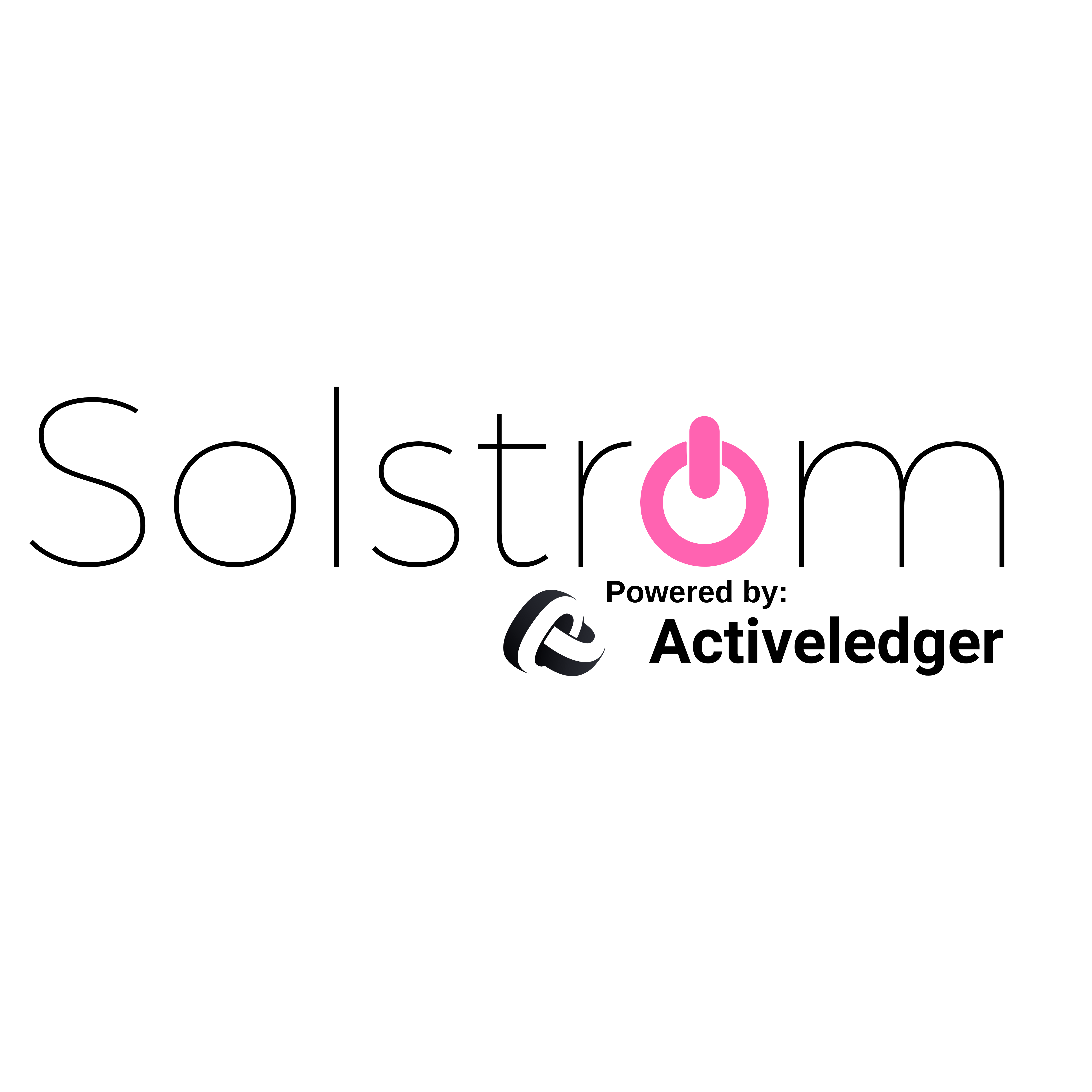ENGIE joins forces with SOLSTROEM to issue and sell verified and data-driven carbon credits
Industry: Environment
The Danish Technology Company SOLSTROEM and ENGIE Energy Access — one of the leading off-grid, Pay-As-You-Go (PAYG) solar and mini-grid solutions providers in Africa, announce today a partnership for accelerating climate finance to the off-grid sector in sub-Saharan Africa through the issuing and selling of data-driven and transparent carbon offset credits.
Copenhagen, Denmark (PRUnderground) April 7th, 2022
The SOLSTROEM carbon avoidance programme, and its underlying Distributed Ledger infrastructure will be the basis for the partnership. Through an IT integration between SOLSTROEM and MySolGo, the last-mile distribution software used by ENGIE Energy Access to monitor its PAYG operations, Micro Carbon Avoidances (MCAs) will be created, which will be made available to corporate buyers wishing to compensate for their CO2 footprint. The carbon calculations applied are based on an established UN Clean Development Mechanism (CDM) methodology, and are third-party verified by DNV.
Carbon credits are an important lever to optimize the affordability of products, especially high quality ones with positive impacts on local communities. Therefore, Solstroem’s distributed ledger technology driving the digitalization of carbon avoidance credits will allow economic and effective tracking of real carbon avoidances in smaller scale projects. In a market where the supply is limited due to long certification and issuance processes, this digital approach will enable ENGIE Energy Access teams to faster monetize carbon financing for their projects, mobilize additional climate finance, accelerate their growth and increase their contribution to the SDG7.
“We are thrilled to be working with ENGIE on developing and implementing mechanisms for climate finance that will allow for the unlocking of the much-needed capital streams for the actors involved in the off-grid sector”, said Karim Jabbar, CEO and co-founder of Solstroem. “Doing so programmatically, in a data-driven manner, will add robustness and integrity to the climate market, and ultimately direct climate funds to where they are most needed, in a results-based and traceable fashion.”
This collaboration unfolds at the interface of a dual emergency. Firstly, over 700 million people still live today without any access to electricity. In order to meet the Sustainable Development Goal 7 (i.e. universal energy access by 2030) rapid deployment of solar home systems (SHSs) and clean energy mini-grids will be required. It is a crucial humanitarian challenge that supports health, quality of life, and economic growth in off-grid regions of the world. It is however still difficult for the actors in the sector to mobilize the needed capital to scale, especially considering the affordability gap of the targeted customers. Access to climate finance remains therefore very limited for the sector. Secondly, the voluntary carbon market is set to grow by a factor of 15 over the next 10 years, if it is to cater to the growing demand resulting from the growing number of corporate net-zero pledges. Today, however, the market is fragmented, lacks transparency, and is difficult to trust. There is therefore a need for more solutions that leverage new technologies to enable a secure, and tamper-resistant issuance of trusted carbon avoidance and removal credits.
About Solstroem
Solstroem has been in operation since 2018, and has so far established working partnerships with some of the major solar distributors and software vendors in the industry, such as Engie Energy Access, Sun King, and Angaza . Solstroem’s quantitative approach to carbon credit generation lowers the costs of verification, and thus the barriers of entry to the carbon market, from which small-scale solar operators are currently excluded. This is done through IT integrations between Solstroem and its solar partners, which allow for the continuous issuing of data-driven carbon credits, on a daily or weekly basis. Furthermore, the no-up-front-cost business model applied by Solstroem makes the company’s solution particularly interesting for small and medium sized solar home system distributors, as these typically struggle to get the financing to scale their business and can’t afford to pay upfront costs for carbon verification schemes.
To learn more, please visit Solstroem.com







